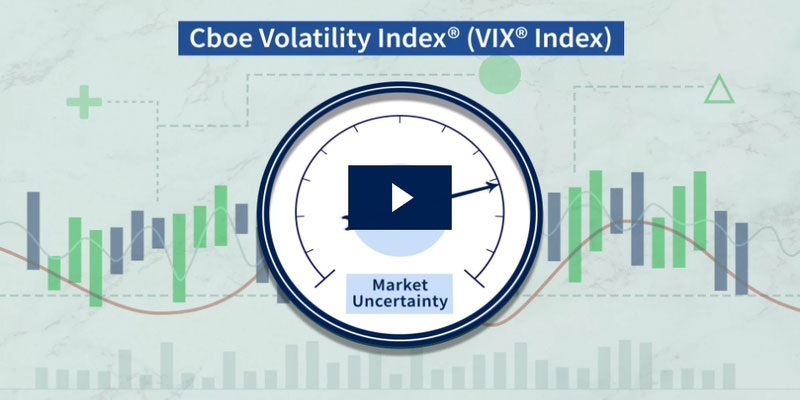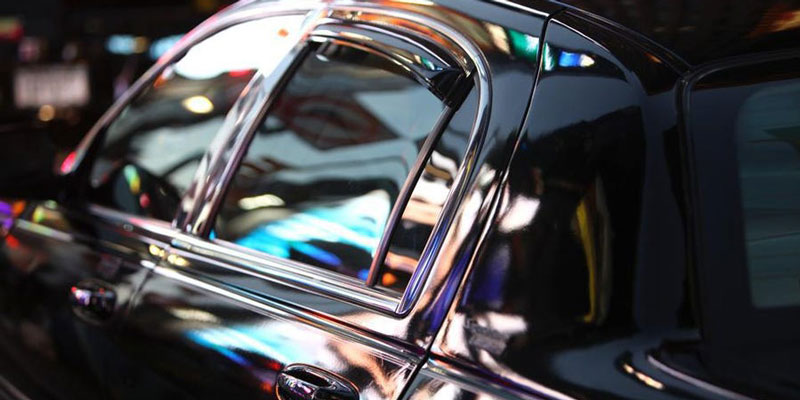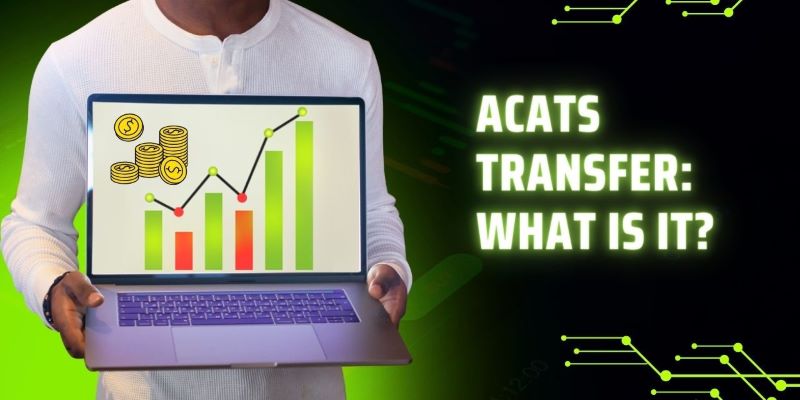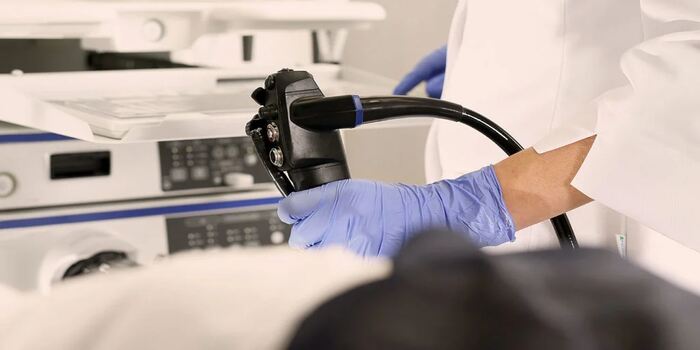You Must Be Aware of the Dealership Costs That You Should Not Pay
When signing the dotted line on your new car purchase, you may be taken aback by including certain optional extras. There is a discrepancy between the amount you have agreed to pay and the amount shown here. The total of all these charges might easily exceed $10,000. A portion of the charges are standard and cannot be waived, but there may be others you wish to challenge to avoid paying. You may save a lot of cash if you know what costs to anticipate and what expenses to contest. You can save money by learning more about the rationale behind these charges.
Fees That Must Be Paid
Buying A Car Is Not Free Since There Are Actual Costs Involved.
Fee at Final Destination
The dealership may ask you to pay shipping fees when your vehicle is shipped from the factory to the lot. The manufacturer, not the dealer, fixes the price per make and model.
Inspecting the vehicle's window sticker but Monroney Sticker is a quick approach to verify the legitimacy of the charge.
Fee for Documentation
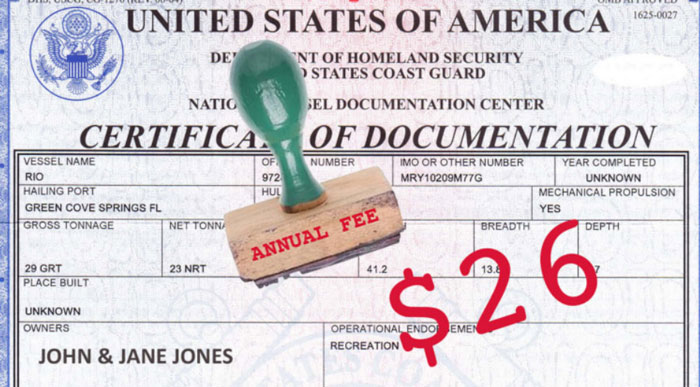
The dealership only sees the doc charge as a way to increase its bottom line. The dealer's paperwork service fee is included here. Depending on the state, you might pay anything from $100-$500. You should doubt anything more than that.
State Sales Tax
A sales tax must be paid somewhere at the time of purchase unless you are a resident of a tax-free state. But if you're not a resident of the state where the car is being purchased, you'll have to fork over sales tax whenever you register this same car in your home state. To ensure you're charged the correct amount, it's important to remind the vendor.
Registration Fee
The dealership likely has a strong working relationship with the local DMV. It can obtain your title but also registration, tags, and plates much more rapidly than you could on your own.
Fees You Shouldn't Pay At All
Be wary of being duped into shelling over more cash than is strictly necessary. To put it plainly, customers never should pay such costs.
Charge for Dealer Preparation
The preparation fee results from putting the box in order and is equivalent to that same delivery price in that it may be included on that unauthorized sticker. Including a pricing list, closing the deal, and other pertinent details. The cost shouldn't be tacked on to the final sale price but included. Don't bother with this one, either.
Fabric Protection
A small amount of Scotchgard makes a significant difference in protecting your seats, and you won't have to spend as much as you would if you had the dealership do it for you. Parking throughout the shade and putting a sunshade on the windshield will also help. Seat covers are worth the investment if you care about preserving the condition of your seats.
Paint Protection
Is it your impression that the leading automotive companies in the world are selling vehicles with inferior paint? Protective film for paint is often constructed of a clear urethane that is virtually invisible. The paint should be covered under warranty if rust develops on a brand-new car. Request wax at your next car wash.
Undercoating and Rustproofing
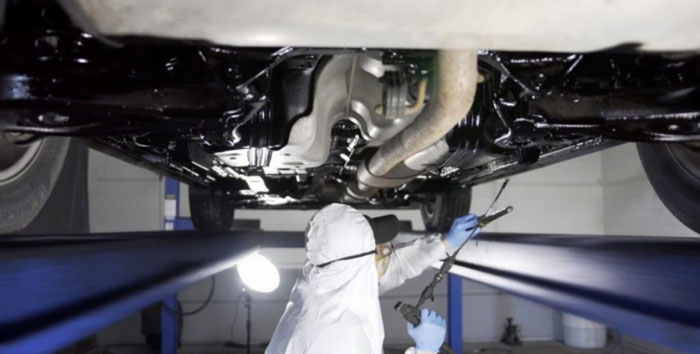
Your vehicle's undercarriage, like the paint, will hold up just fine in practically any severe weather without this costly extra. Galvanized metal is commonly used in modern vehicle construction, drastically lowering the likelihood of rust.
Admin Fee
Most vehicle lots also charge an administration fee to their strapped clients, which is somewhat more unpleasant than the dealership preparations fee. This is the dealer's expense to handle the paperwork for selling the vehicle you just purchased. It is also known as a "processing fee" or "documentation fee" at some dealerships. Some car lots even charge up to $500 for the privilege of handling this paperwork.
Conclusion
Whenever you have a question regarding a charge, don't hesitate to inquire. A trustworthy salesperson will have a solid rationale for any additional costs. Do you think this "fee" is negotiable? Absolutely! Managers in this industry know that not every vehicle outfitted with extras will get the sticker price. Although this strategy effectively increases dealers' profits, you don't have to fall for it. Don't feel obligated to buy the extras with the car if you don't want to, though; try haggling the price down. Even though it's not simple, you have every right to do so.

